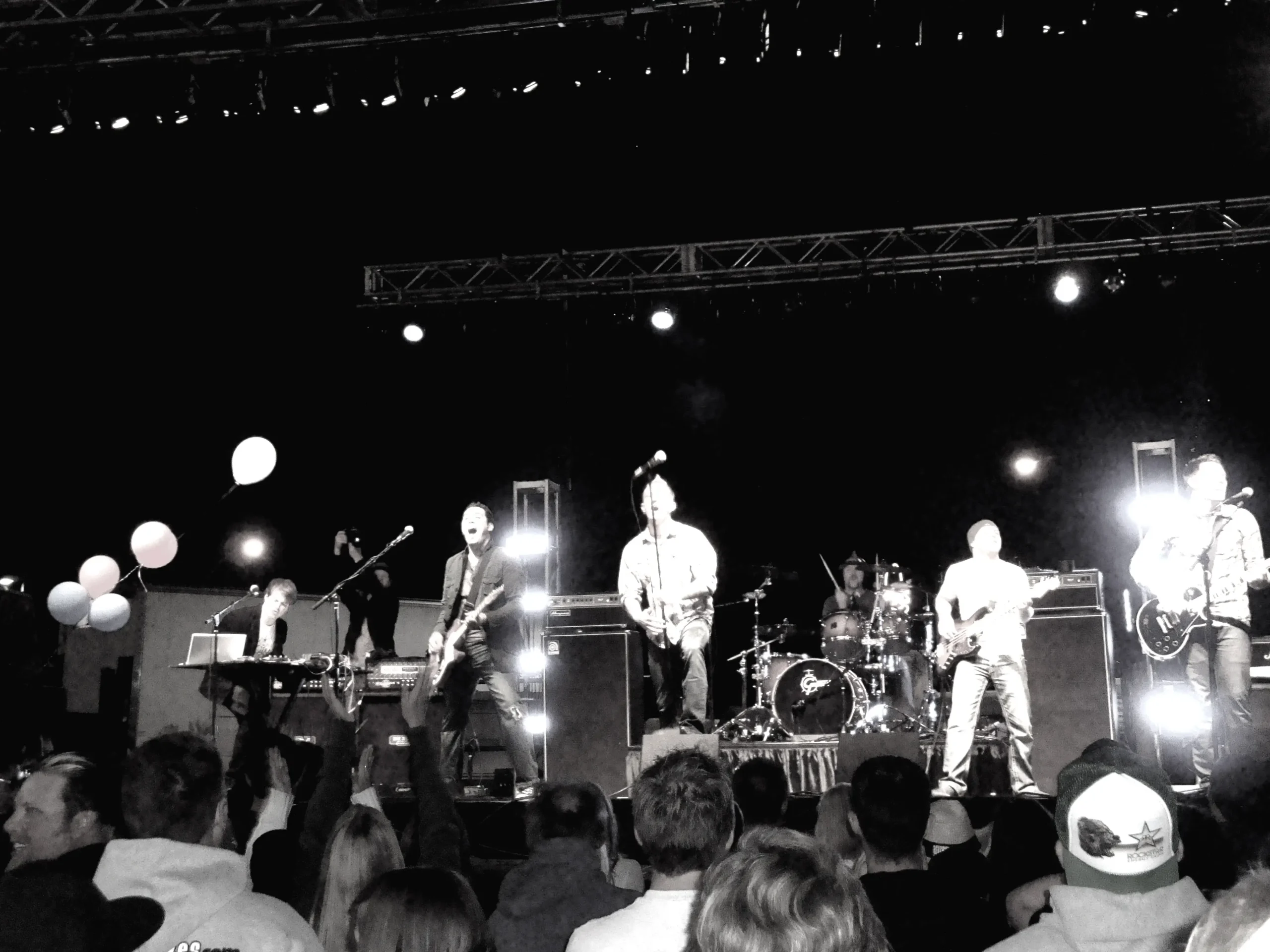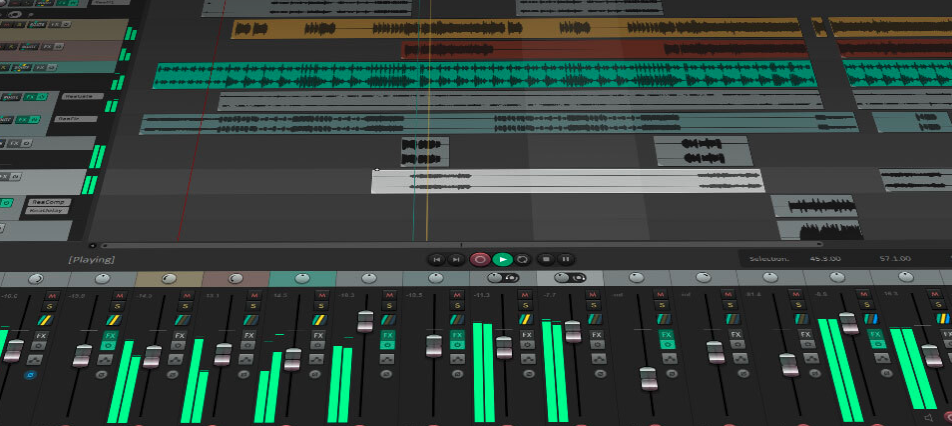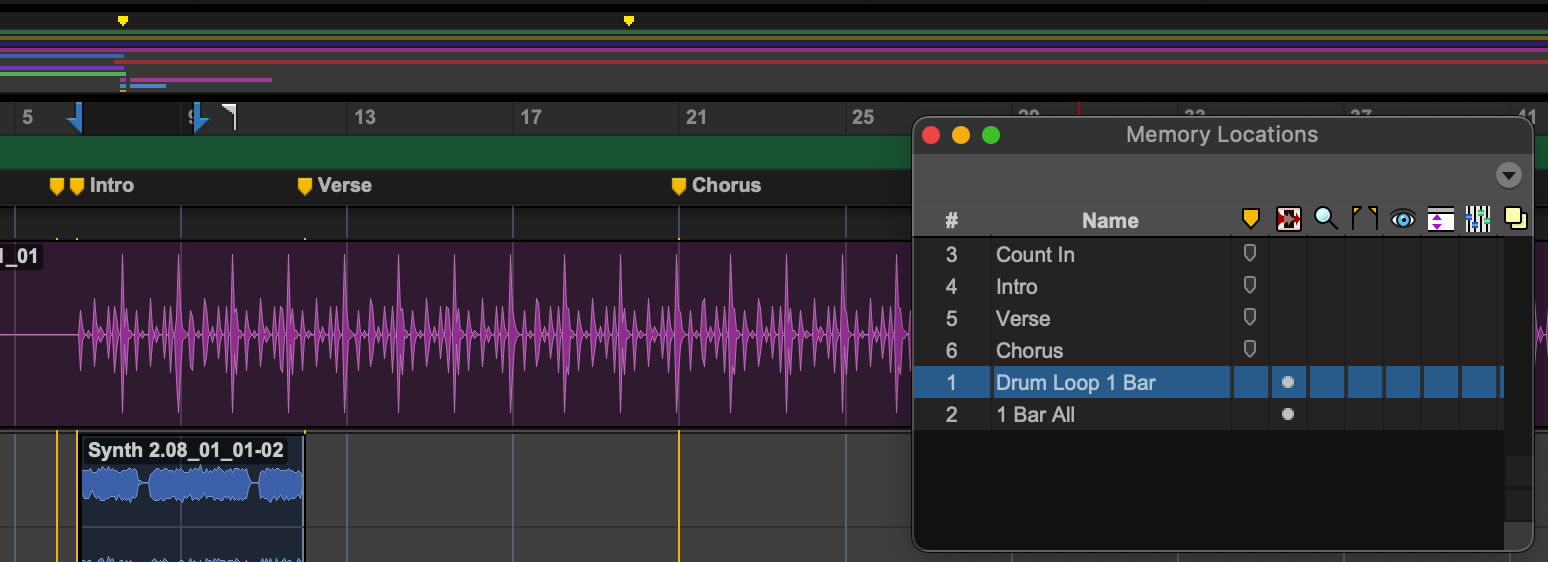Basic Songwriting Techniques for Any Genre: A Beginner’s Guide
By Vince Casas
Are you wondering how to write a song—no matter the genre? Whether you’re into pop, hip-hop, country, rock, or R&B, the foundation of songwriting remains surprisingly universal. In this post, we’ll explore basic songwriting techniquesthat apply across all genres, perfect for beginners and developing artists.
🎶 Why Songwriting Matters in Every Genre
Every great song starts with a strong emotional core and a clear creative direction. No matter what kind of music you make, understanding the fundamentals of songwriting will help you communicate more effectively, build your sound, and connect with listeners.
Whether you’re crafting your first song or your fiftieth, these techniques can sharpen your writing and elevate your tracks.
✅ 1. Start With a Strong Concept or Emotion
Before writing lyrics or melodies, ask:
- What is this song about?
- How do I want the listener to feel?
Your song concept might center around love, loss, freedom, celebration, or personal growth. Strong songwriting starts with authentic emotion—the driving force behind every memorable track.
SEO keywords: “emotional songwriting,” “song concepts,” and “how to start writing a song.”
✅ 2. Learn Common Song Structure
Most popular songs follow a familiar formula. Here’s a go-to song structure template:
Verse – Chorus – Verse – Chorus – Bridge – Final Chorus
- Verses build the story
- Chorus delivers the hook or main message
- Bridge introduces contrast before returning to the chorus
If you’re just getting started, this structure is a reliable songwriting framework to follow.
SEO keywords: “song structure for beginners,” “verse chorus bridge layout”
✅ 3. Write a Catchy Hook
Your hook is the most memorable part of the song—often the chorus. It should be:
- Short
- Catchy
- Easy to remember
- Emotionally impactful
Great hooks often repeat a key phrase or melodic idea. If it gets stuck in your head, it’s probably working!
SEO keywords: “how to write a song hook,” “catchy song ideas,” “music hooks”
✅ 4. Match Lyrics and Melody
Your lyrics should feel natural within your melody. Try these quick tips:
- Use melodic lift in the chorus to create emotional impact
- Match lyrical rhythm with natural speech patterns
- Sing your lyrics out loud to check for flow
You can start with lyrics, melody, or even a chord progression—there’s no one “correct” order. Experiment and find your style.
SEO keywords: “melody writing tips,” “how to write song lyrics that flow”
✅ 5. Edit, Edit, Edit
First drafts aren’t final drafts. Most professional songwriters revise multiple times. As you rewrite:
- Replace overused phrases with vivid language
- Trim filler words
- Fine-tune melody and phrasing
Record demos as you go so you can hear how the song evolves.
SEO keywords: “songwriting editing tips,” “how to improve your song,” “rewriting song lyrics”
✅ 6. Keep a Songwriting Journal
Inspiration doesn’t always strike at your desk or DAW. Capture ideas on the go:
- Voice memos for melodies
- Notes app for lyrics
- Journals for song concepts
The more you document, the more material you’ll have when it’s time to write.
SEO keywords: “songwriting journal tips,” “capturing music ideas,” “creative habits for musicians”
✅ 7. Study Songs You Love (Then Break the Rules)
Analyze songs that inspire you. Ask:
- What’s the chord progression?
- What makes the hook work?
- How does the structure flow?
Once you understand the basic songwriting techniques, feel free to experiment and innovate. That’s where your unique voice emerges.
🎤 Final Thoughts: Practice Makes Progress
Songwriting is a skill that develops over time. Whether you’re writing for yourself, your band, or a future audience, these techniques can help turn your ideas into real, finished songs.
Keep writing. Keep listening. Keep learning.
📬 Want to Learn More About the Songwriting Process?
Take my Pop Rock Songwriting Class at Studio.com/vincecasas
Tags: #SongwritingTips #MusicProduction #HowToWriteASong #BeginnerSongwriter #CreativeProcess


